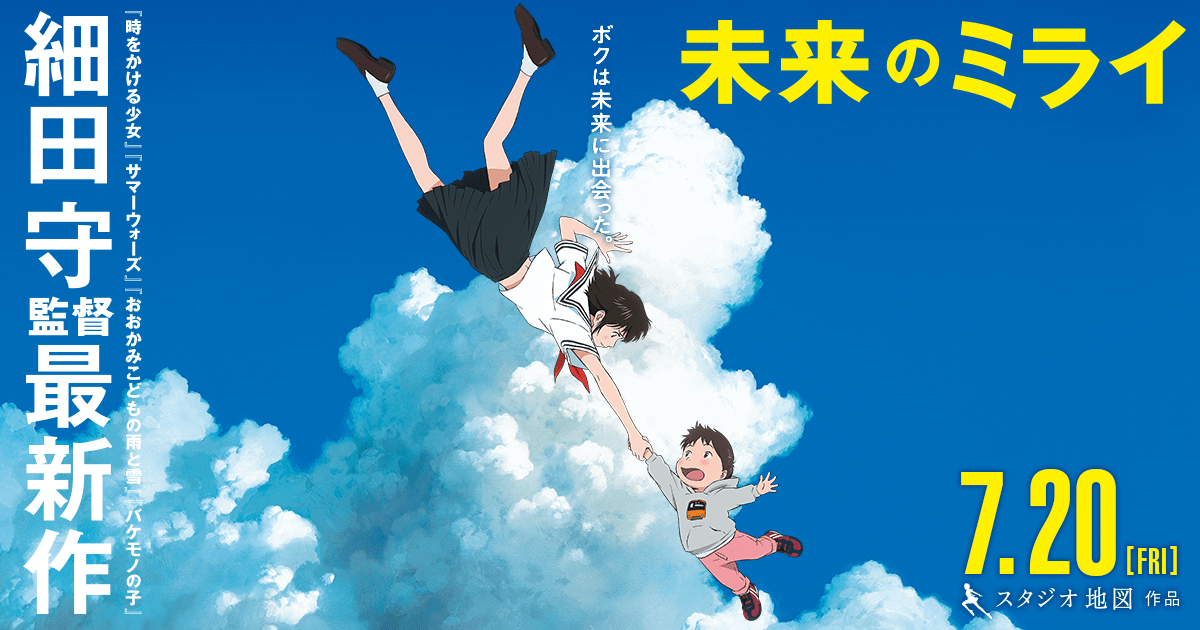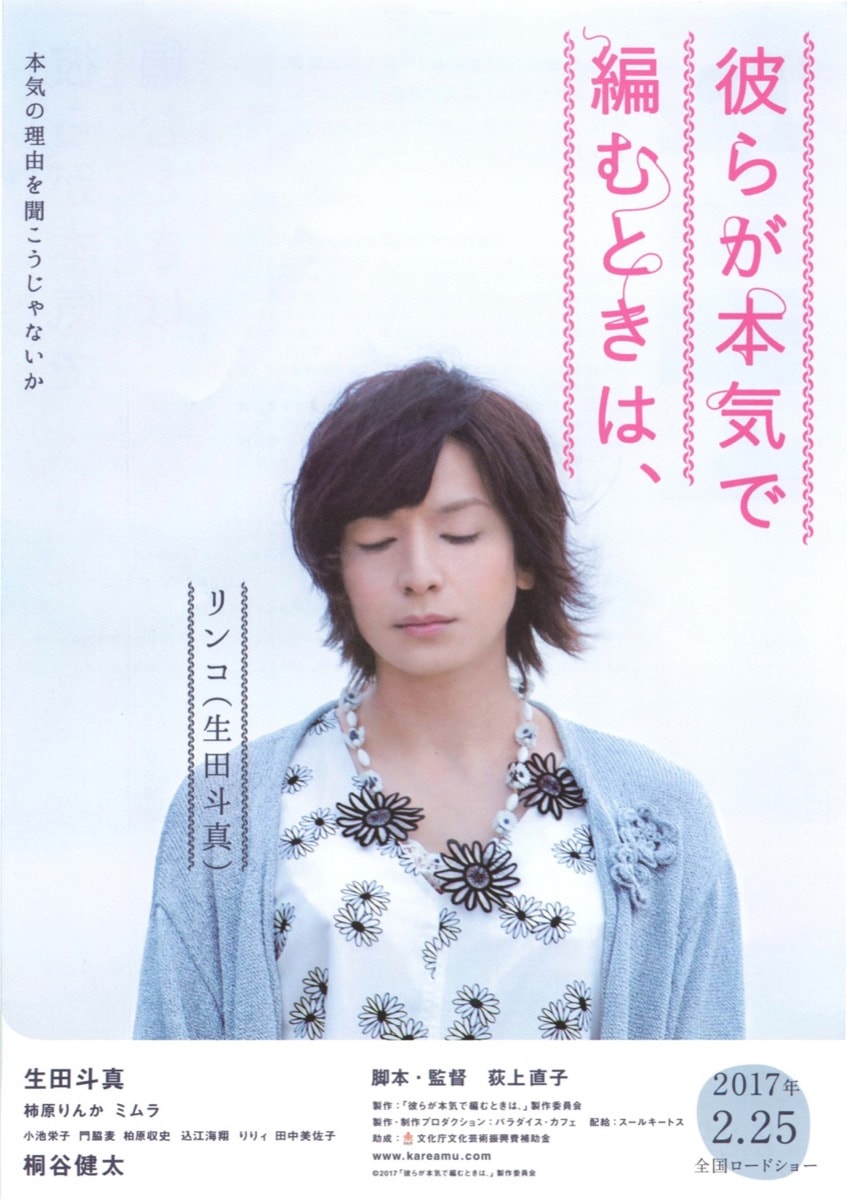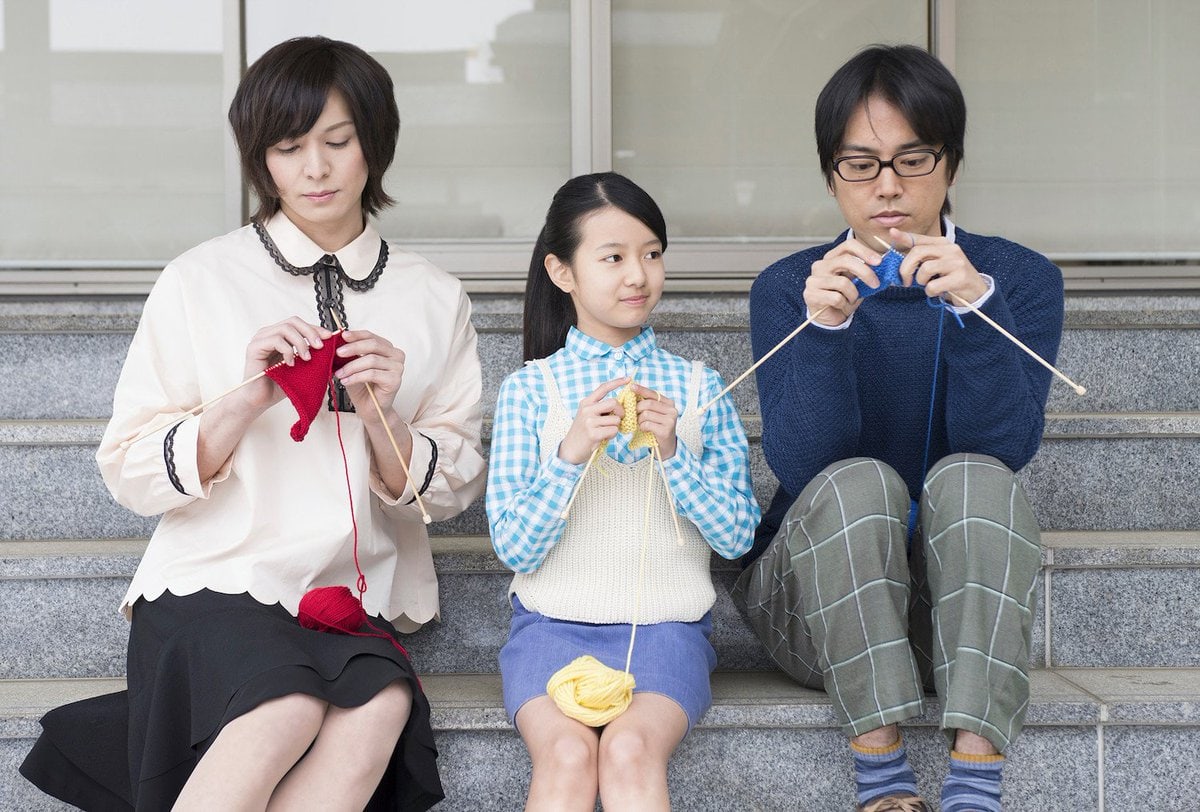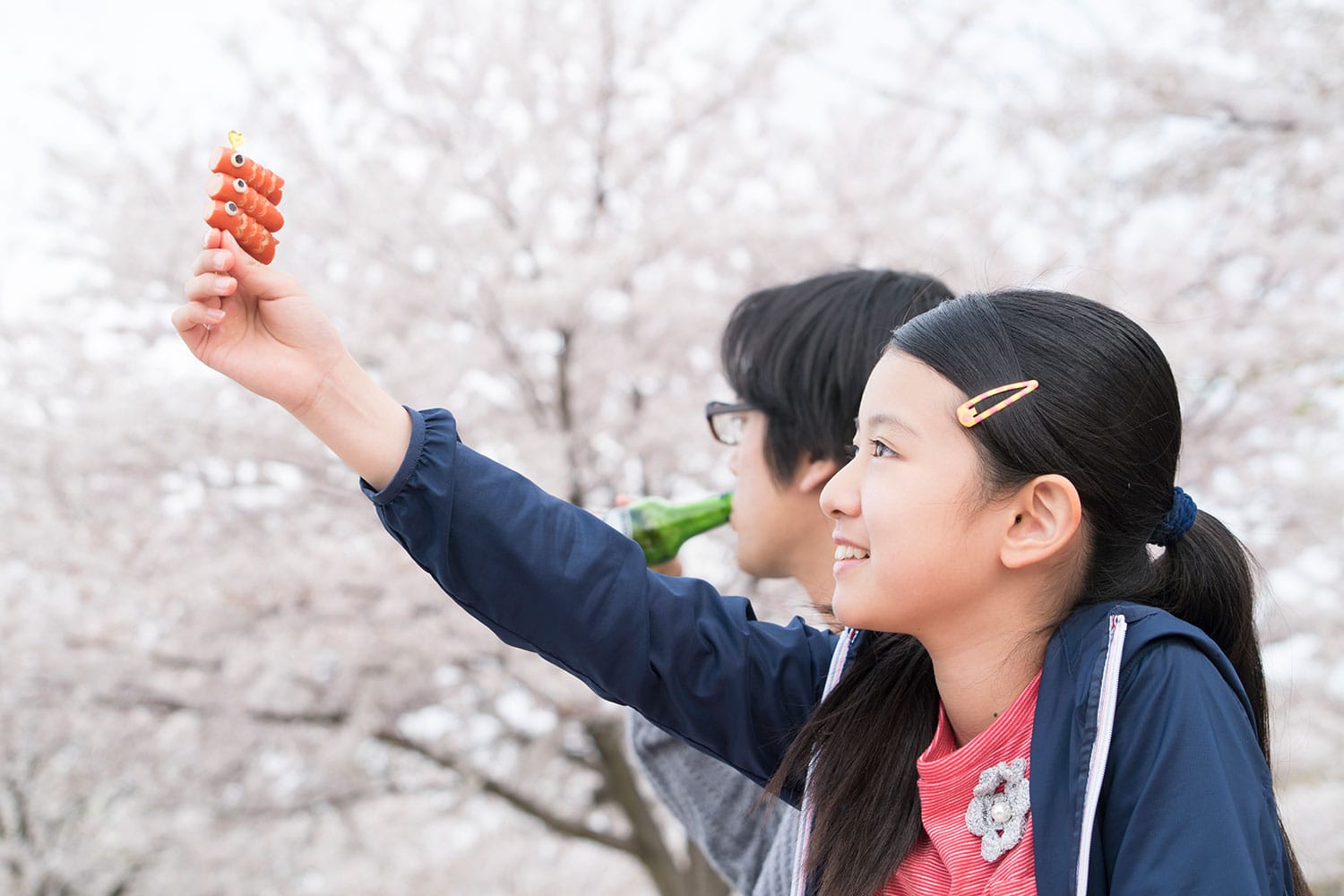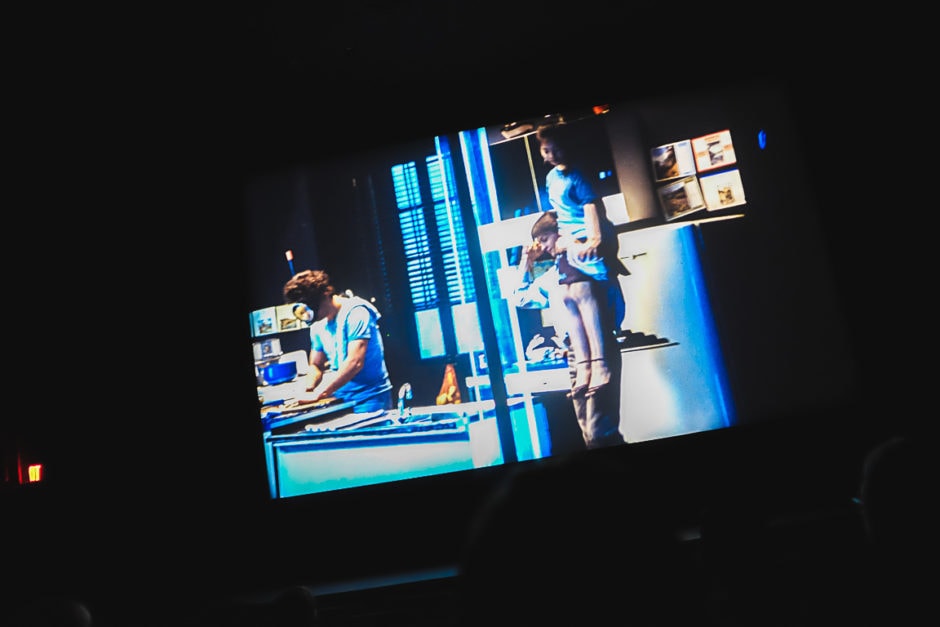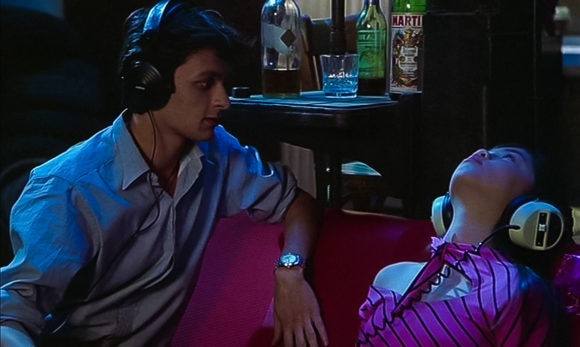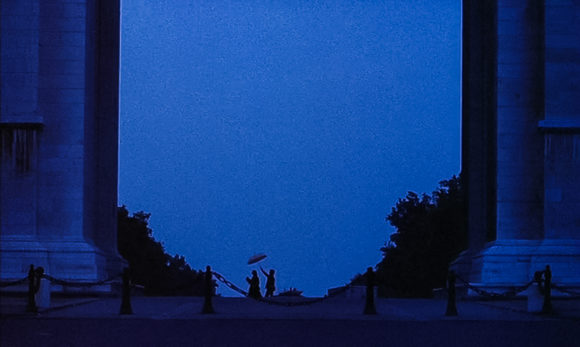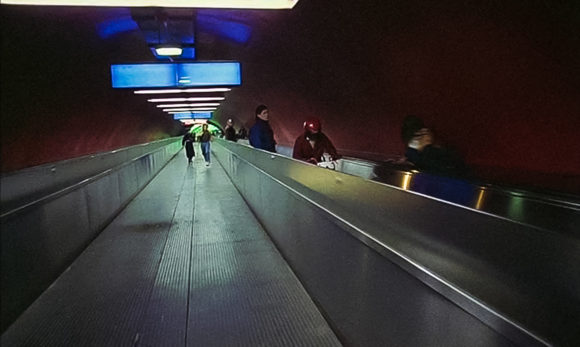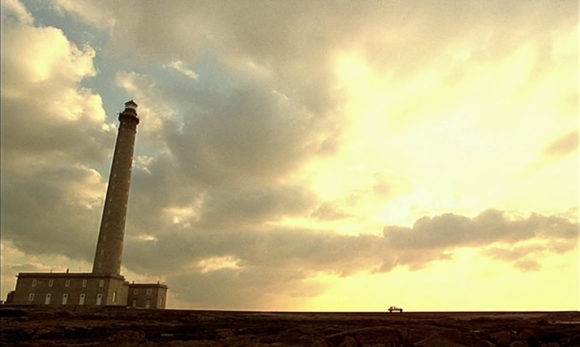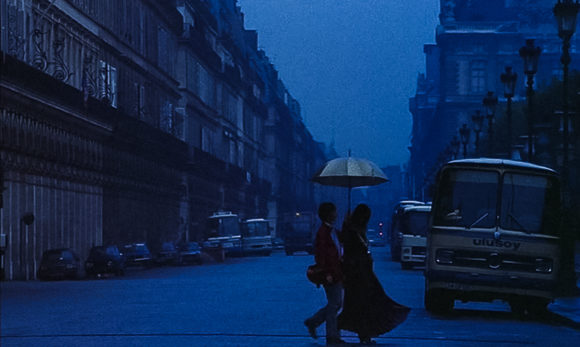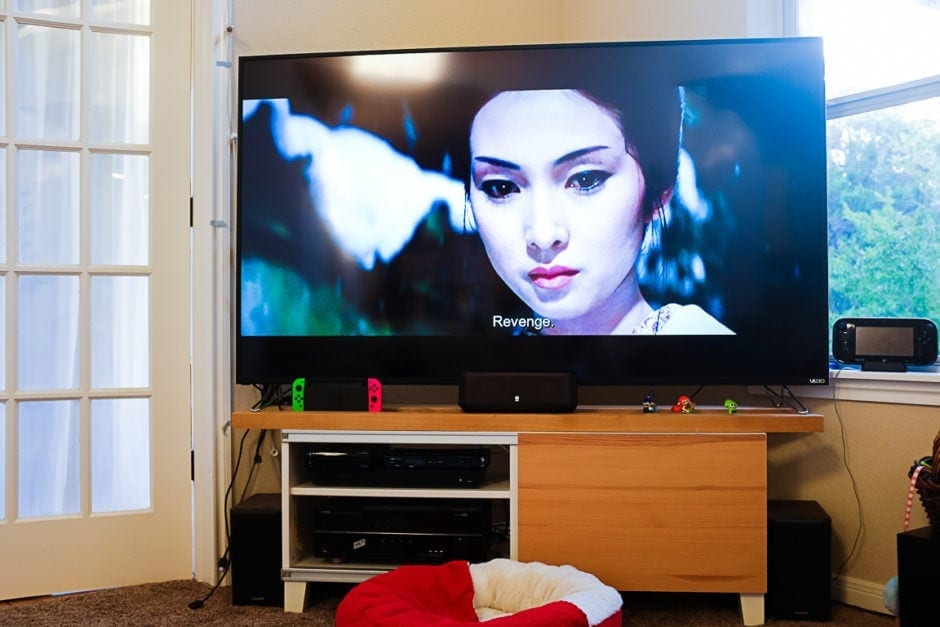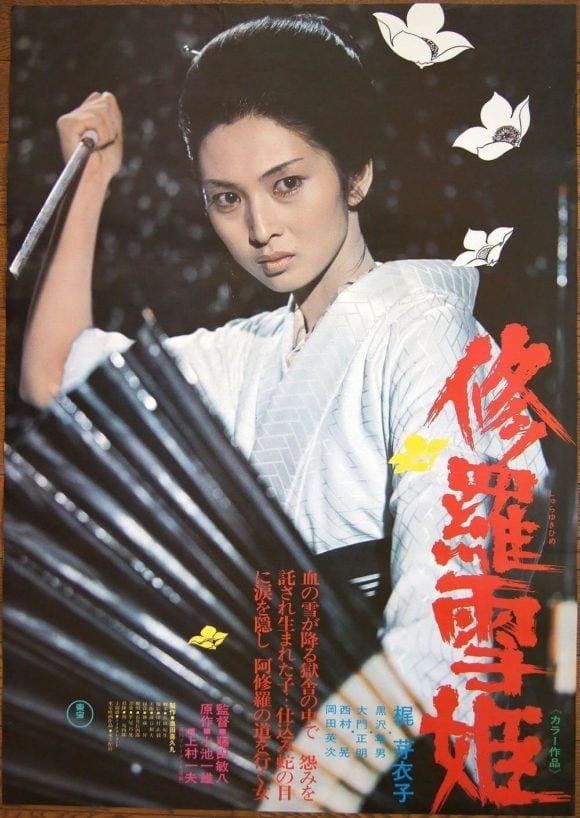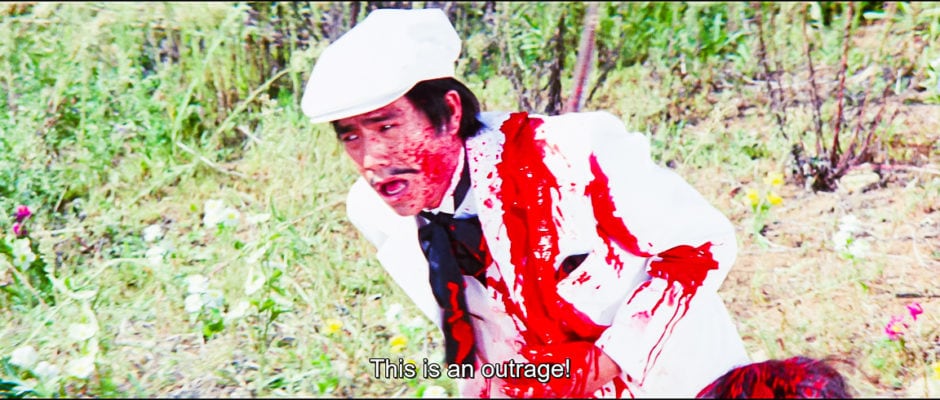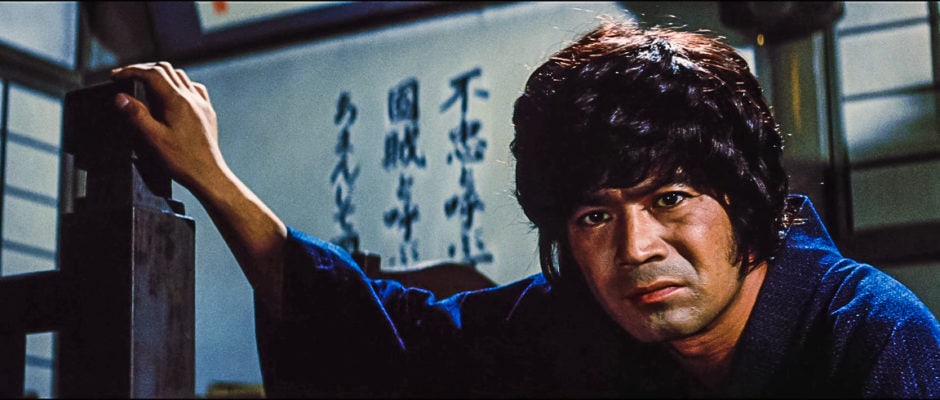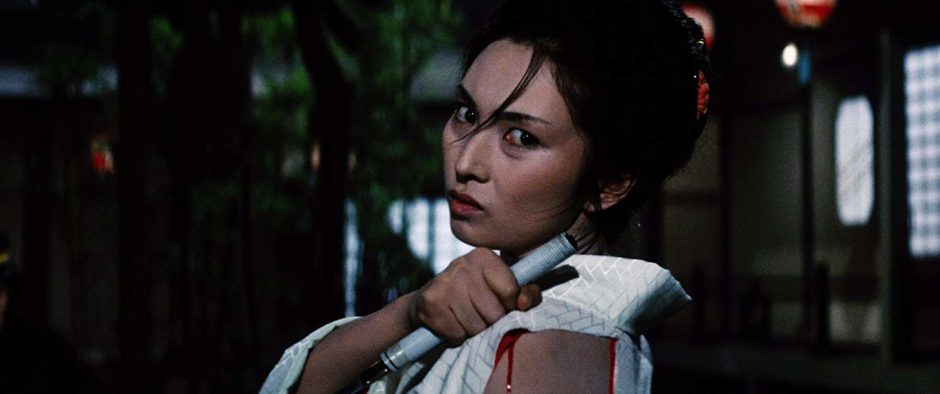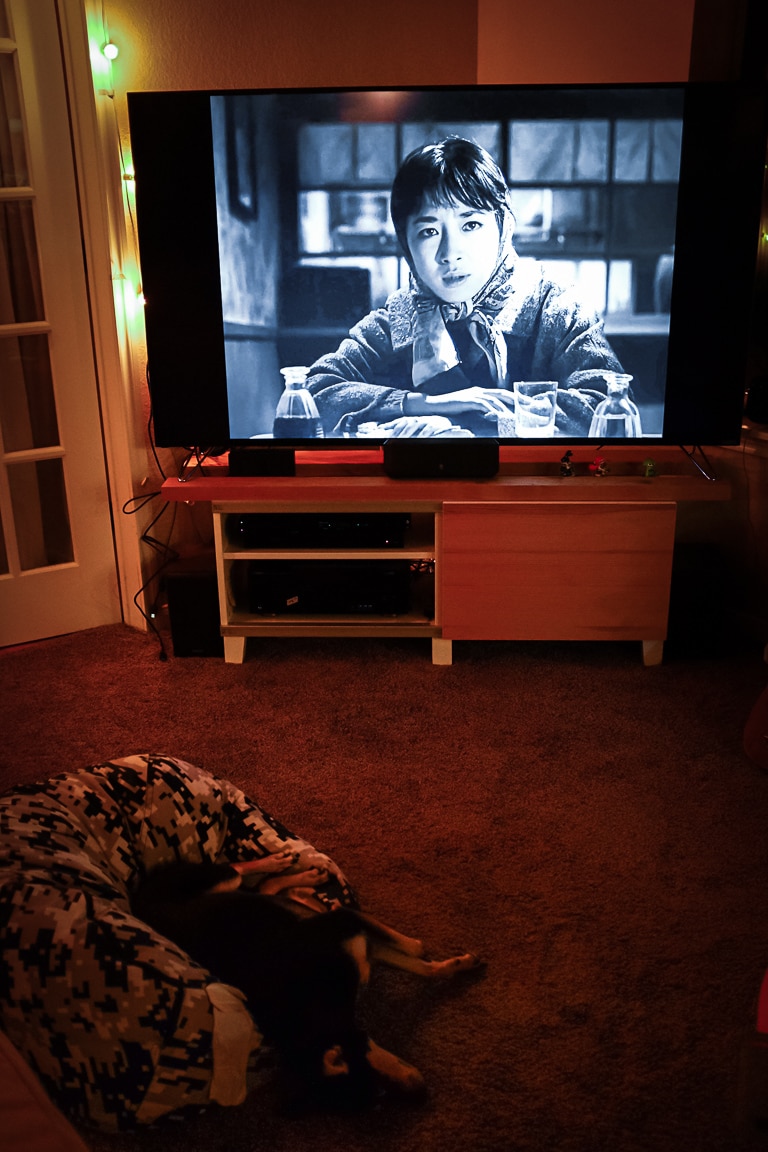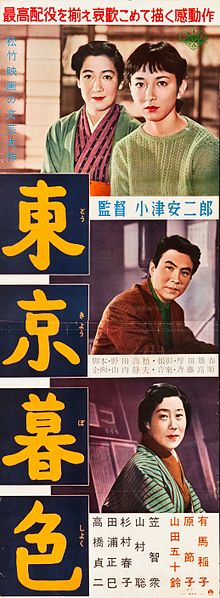Tonight I went to see Mirai (未来のミライ) at the local theater, and I loved it! Mamoru Hosoda’s latest film is kind of a slice-of-life type anime, mixed with a bit of fantasy. The story itself centered around a young boy named Kun, and how his family’s life changes after his sister, Mirai, is born.
****** SPOILERS FOLLOW ******
That fantasy portions of the story were a bit of a mystery as to why they were happening, and no explanations were given, which is fine. Actually, I was happy that no effort was made by the film-makers to try to rationalize how these time travel sequences (and other fantastical details and characters) existed, and that was kind of the magic of the film for me. We get to travel in time and to amazing places without the burden of things needing to make sense. I suppose that is why animation is so special. We are already removed from the real world because of the artwork, and so the leap to the fantasy world is very natural.
As a parent, I felt like I had a special connection to the film because a lot of the story revolved around the mother and father and their domestic roles, and we get to see scenes from their own childhoods. It brought back a lot of parenting memories when my kids were small as well. So it was nice to see a lot of screen time devoted to the parents. Not only that, but we get to see the lives of Kun and Mirai’s great-grandparents as well. My favorite parts of the movie were these scenes from the past, where Mirai explains that a person’s efforts can have a huge impact on the future. It gave me a lot to think about. These lessons from the past make me want to take care of the present day because who knows how it might affect the future?
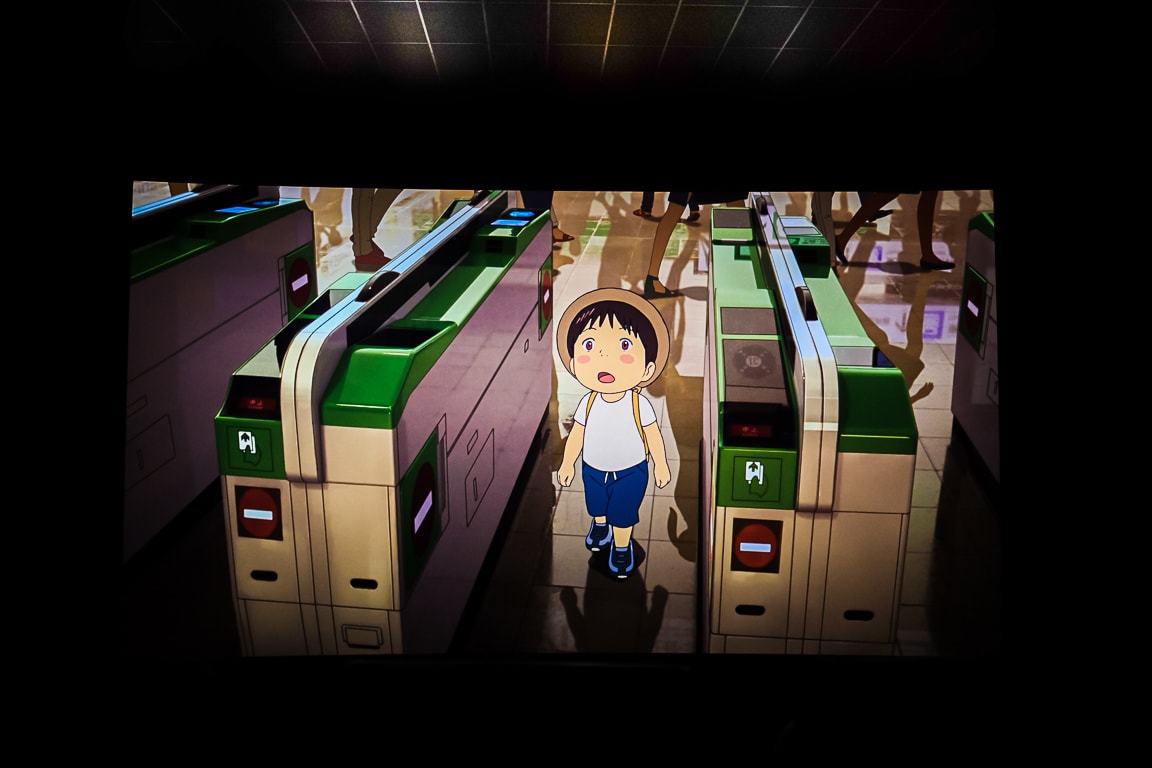
“Kun-chan” Cedar Park, 2018
If you get the chance to see Mirai in theaters, I would recommend doing so! But if you can’t, then be sure you rent it when it is available. I am planning on buying the Blu-ray for my collection, especially because I want to study the character designs, specifically the father and mother. Plus I need to see the motorcycle scenes again. Those were so cool!
I give Mirai (未来のミライ) a 9 out of 10.
またね~
